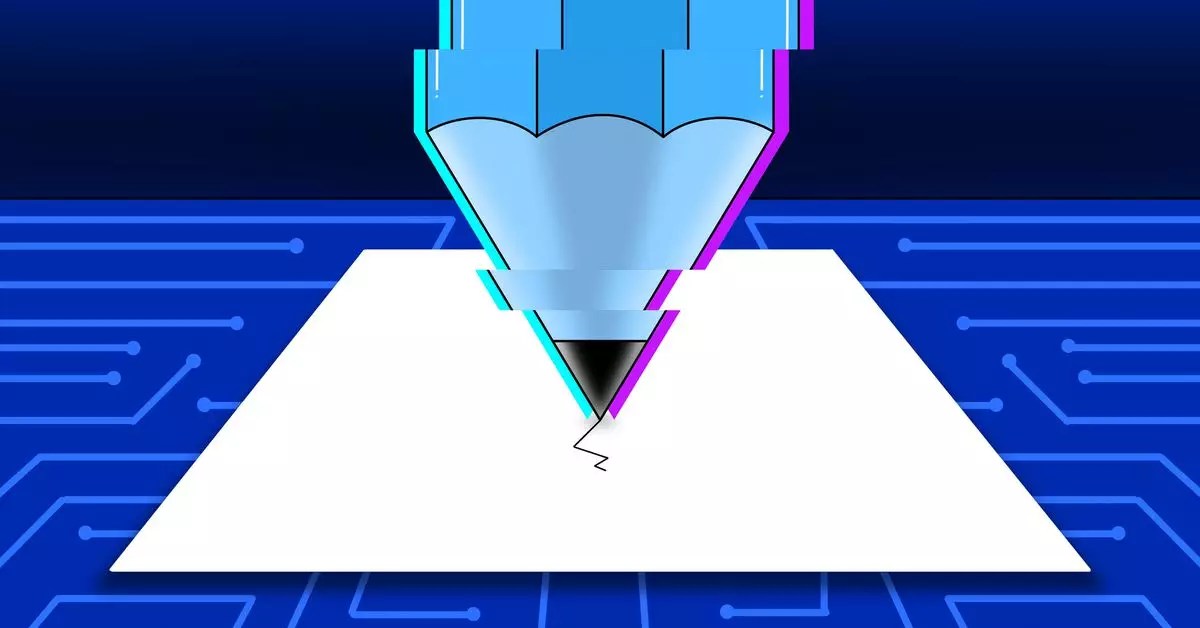In an age where artificial intelligence is rapidly redefining the landscape of various industries, the publishing sector is beginning to grapple with its implications. Penguin Random House, a prominent book publisher, has made headlines by explicitly addressing the use of its works in machine learning and AI training. From now on, their standard copyright notice will include a prohibition on using text from its books for such purposes, marking a significant shift in how publishers approach copyright in the context of advanced technologies.
The new clause introduced by Penguin Random House states, “No part of this book may be used or reproduced in any manner for the purpose of training artificial intelligence technologies or systems.” This statement sends a clear message regarding their stance on AI: they intend to restrict any potential data mining that could detract from the originality and integrity of their content. By openly reserving this right, they are also invoking European Union laws which govern data mining practices, thereby aligning their policies with broader legal standards.
With this move, Penguin Random House positions itself as a pioneer among major publishing houses in considering the implications of AI on copyright. As the first significant publisher to include such a clause, they are setting a precedent that smaller publishers and independent authors may follow. This not only reflects the growing concerns about the misuse of intellectual property in the age of AI but also highlights a proactive approach to safeguarding creative works from unregulated exploitation.
The Ineffectiveness of Copyright Clauses in Practice
While the new copyright page serves as a symbolic declaration of Parkin Random House’s intent, it is essential to understand its limitations. Much like a robots.txt file used by websites to control access to their content by web crawlers, these statements hold little legal weight. Copyright protections are already in place irrespective of the language utilized in this page. In other words, even without the explicit clause, the works remain copyrighted. Thus, the efficacy of such statements is called into question, as they do not alter the legal frameworks surrounding copyright.
Industry Reactions and Future Implications
The reaction within the publishing community and beyond will be pivotal in determining the long-term impact of this policy. While this is just the beginning, the industry must consider how other publishers will respond. Will they adopt similar restrictions in an effort to protect their intellectual property? This could usher in a significant evolution in the norms of publishing, as authors and publishers alike seek to navigate the ethical complexities of an AI-driven landscape.
Penguin Random House’s decision to explicitly address AI usage in its copyright policy may appear to be a straightforward protective measure. However, it reveals deeper concerns about the ongoing intersection of technology and creative industries. As AI continues to evolve, the dialogue around copyright and content ownership will undoubtedly grow more complex, prompting publishers, authors, and AI companies to work together to forge equitable solutions. The landscape of publishing is changing, but only time will tell if these early steps will lead to meaningful protections for creative works or if they will merely serve as symbolic gestures in a rapidly advancing technological world.


Leave a Reply